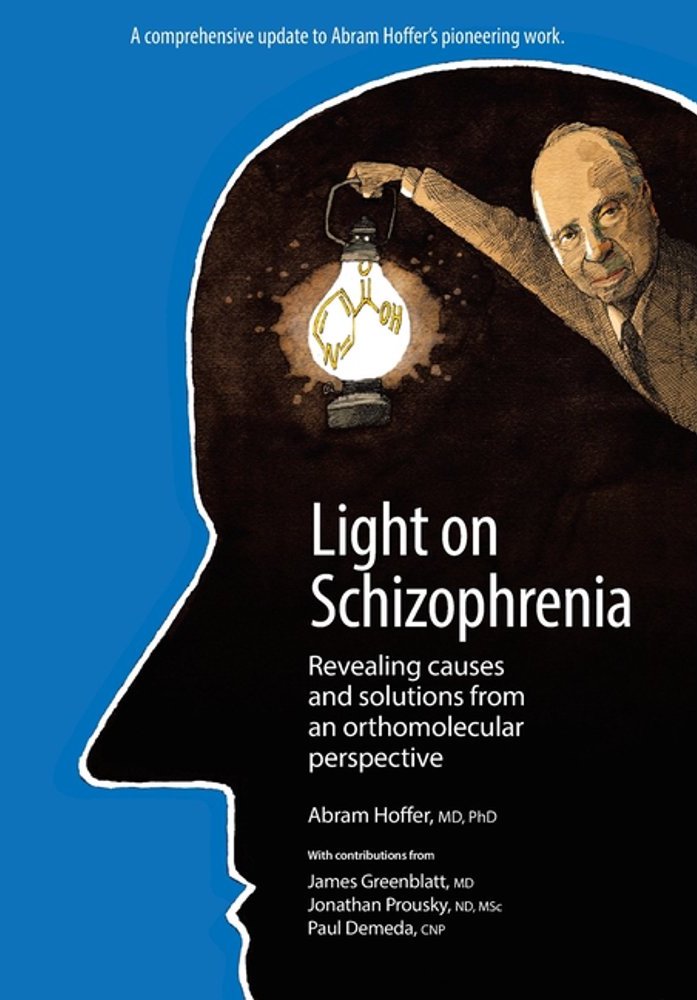Course Description
Course fee: $259
Instructor: James Greenblatt, MD
Schizophrenia is a challenging condition to treat, often with lifelong consequences. A number of nutritional and integrative approaches appear to hold some promise in reducing symptoms, typically with lower risks for side effects. Developed with support from the International Society for Orthomolecular Medicine, this course reviews the history and the research around integrative approaches to schizophrenia treatment. Additionally, you will learn about micronutrient deficiencies, toxic neurochemical aggregations, systemic inflammation, and other etiologic factors as they pertain to the treatment of schizophrenia and psychosis.
Learning Objectives
Upon completion of this course, participants will be able to:
- Identify the key genetic, nutritional, metabolic, and environmental causes of schizophrenia and psychosis
- Understand orthomolecular medicine and its contributions to medical science
- Know the micronutrient deficiencies, food allergens, gut dysbiosis, and macronutrient deficiencies that exacerbate psychosis and schizophrenia
- Learn how to run and read diagnostic tests in the evaluation of patients’ symptoms
- Describe the essential tenets and clinical implications of Horrobin’s Neurodevelopmental Hypothesis and the Phospholipid Hypothesis
- Employ a functional medicine approach for better patient outcomes at your clinic or practice



